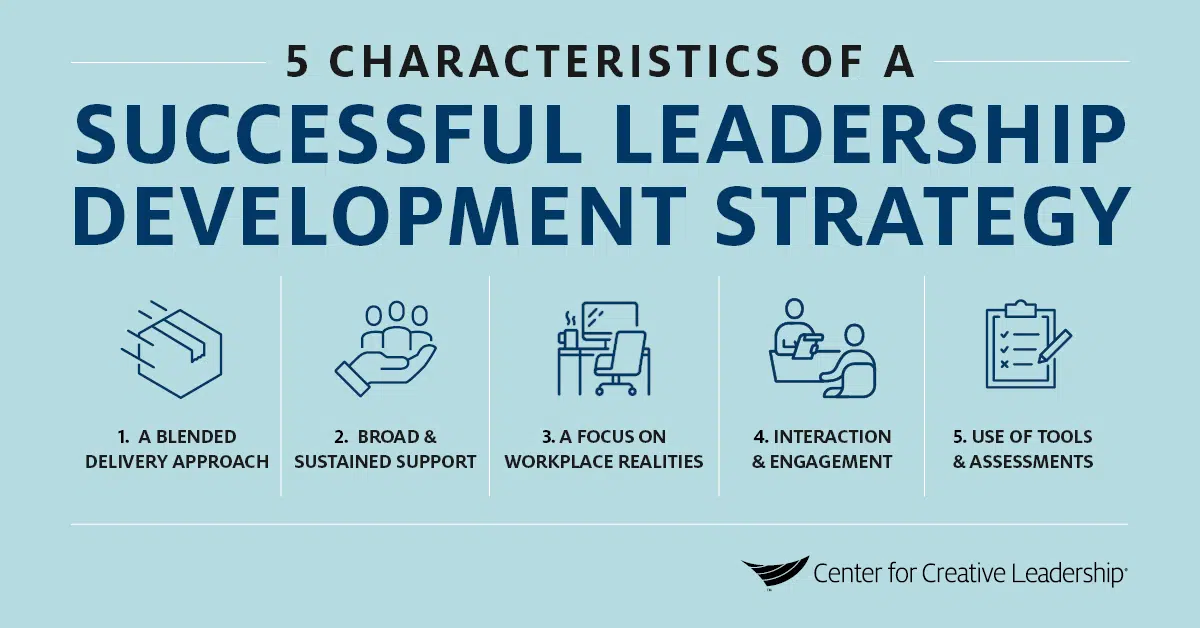Coaching has become an increasingly popular tool for leadership development in recent years. It is a process that helps individuals improve their performance and achieve their goals through personalized feedback, guidance, and support. When used effectively, coaching can have a significant impact on both the individual being coached and the organization as a whole. In this article, we will explore the benefits of using coaching as a leadership development tool and provide practical tips for achieving success.
Benefits of Coaching for Leadership Development
1. Personalized Development
One of the most significant benefits of coaching is that it provides personalized development. Unlike traditional training programs, coaches work one-on-one with individuals to identify their unique strengths and weaknesses. This approach allows coaches to tailor their guidance and support to meet the specific needs of each person they coach.
2. Improved Performance
Coaching can have a dramatic impact on an individual’s performance. By providing regular feedback and support, coaches help individuals identify areas where they need to improve and develop strategies for overcoming challenges. Over time, this can lead to significant improvements in performance.
3. Increased Self-Awareness
Another benefit of coaching is increased self-awareness. Through the coaching process, individuals are encouraged to reflect on their actions and behavior and identify areas where they can make positive changes. This self-reflection can lead to increased self-awareness, which is essential for personal growth and development.
4. Enhanced Leadership Skills
Leadership skills are crucial for success in any organization. Coaching provides an excellent opportunity for individuals to develop these skills by providing them with guidance and support tailored specifically to their needs. Over time, this can lead to enhanced leadership abilities that benefit both the individual being coached and the organization as a whole.
5. Greater Job Satisfaction
Finally, coaching can lead to greater job satisfaction. When individuals feel supported and valued through the coaching process, they are more likely to feel engaged and motivated in their work. This, in turn, can lead to increased productivity and a more positive workplace culture.
Tips for Successful Coaching
1. Set Clear Goals
Before beginning the coaching process, it is essential to set clear goals. These goals should be specific, measurable, achievable, relevant, and time-bound (SMART). By setting clear goals at the outset, both the coach and the individual being coached have a clear understanding of what they are working towards.
2. Build Rapport
Building rapport between the coach and the individual being coached is crucial for success. When there is a strong relationship built on trust and respect, individuals are more likely to be open and receptive to feedback and guidance.
3. Listen Actively
Active listening is an essential skill for any coach. By actively listening to individuals’ concerns and challenges, coaches can gain a better understanding of their needs and tailor their guidance accordingly.
4. Provide Regular Feedback
Regular feedback is critical for success in coaching. Individuals need to receive timely feedback on their performance so that they can make adjustments and continue to improve.
5. Encourage Self-Reflection
Encouraging self-reflection is an effective way to help individuals identify areas where they need to improve. Coaches can do this by asking open-ended questions that encourage individuals to reflect on their actions and behavior.
6. Celebrate Successes
Finally, it is essential to celebrate successes along the way. Recognizing progress and achievement can help individuals stay motivated and engaged in the coaching process.
Conclusion
Coaching has become an increasingly popular tool for leadership development in recent years. When used effectively, coaching can provide personalized development, improve performance, increase self-awareness, enhance leadership skills, and lead to greater job satisfaction. To achieve success with coaching as a leadership development tool, it is essential to set clear goals, build rapport, listen actively, provide regular feedback, encourage self-reflection, and celebrate successes along the way.
References:
https://www.forbes.com/sites/forbescoachescouncil/2021/03/16/the-importance-of-coaching-in-leadership-development/?sh=2b6f4a7c3d50
https://hbr.org/2019/11/coaching-as-a-leadership-tool-not-just-for-ceos
https://www.gallup.com/workplace/297489/coaching-key-employee-engagement.aspx




